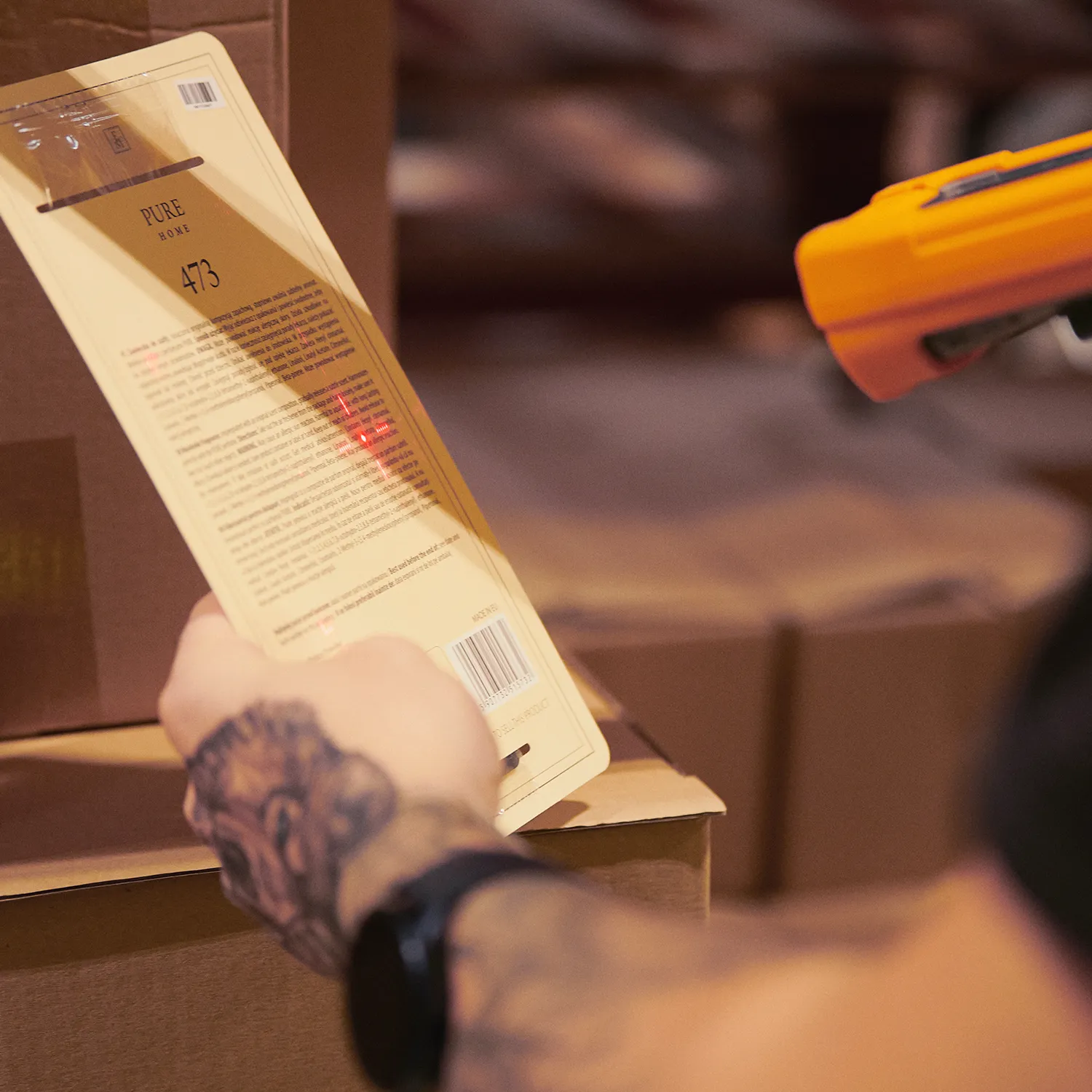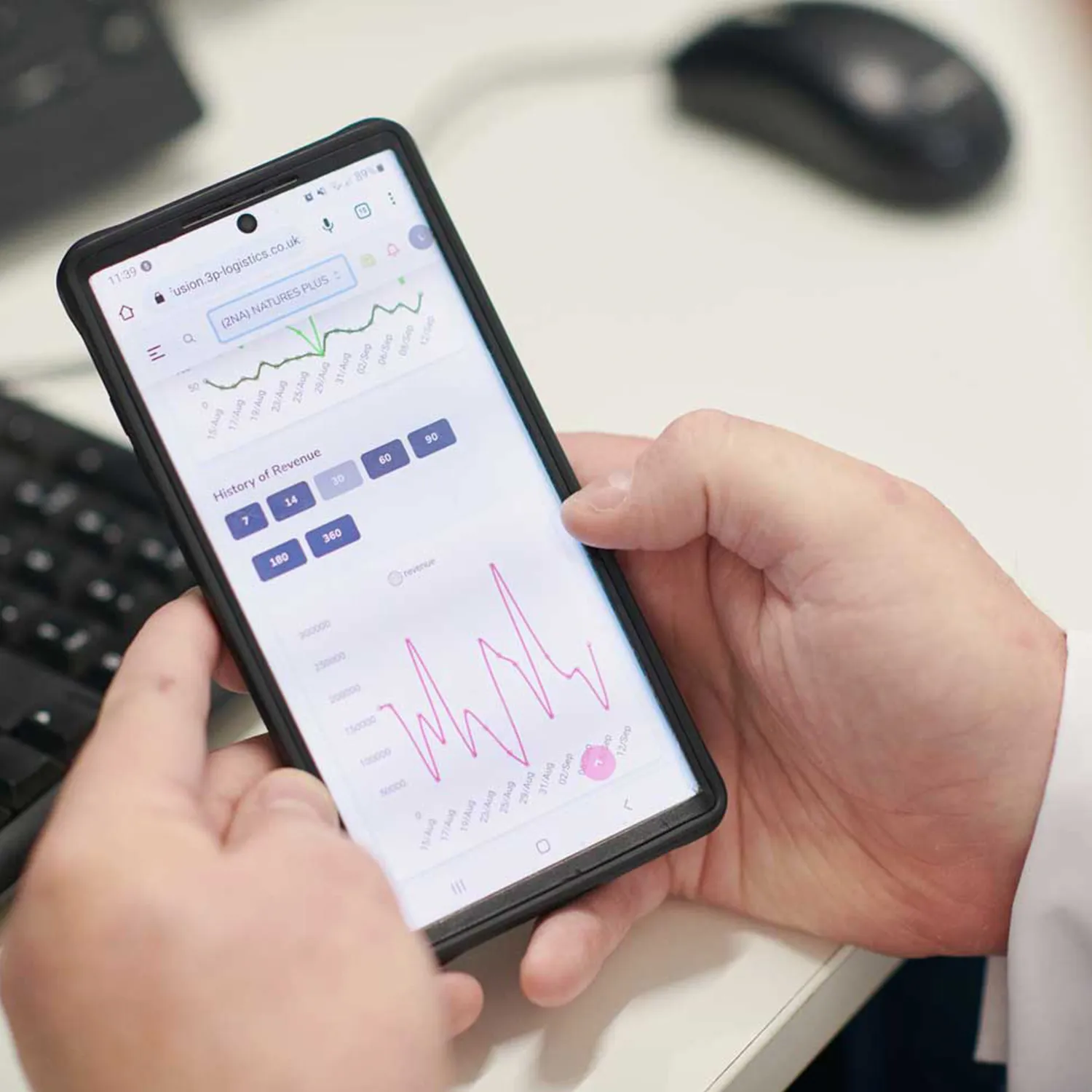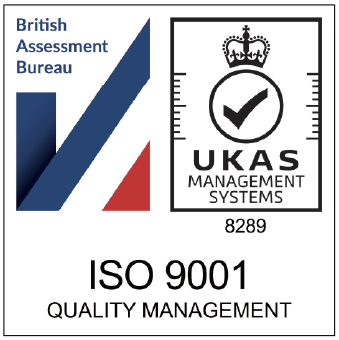If you’re a retailer collaborating with well known brands like Boots, John Lewis, or Wayfair, 3PL’s vendor fulfilment services are tailored just for you.
Are these the challenges you face? If so then Vendor Fulfilment may be the best solution for you.
01. Inventory management
Are you finding managing inventory across multiple vendors a logistical nightmare? Without proper coordination and visibility into vendor stock levels and lead times, it can be a struggle to maintain optimal inventory levels.
02. Communication and collaboration
Using disconnected systems, manual procedures, and limited real-time visibility can result in miscommunication, delays, and errors. Without efficient communication channels and collaboration tools, you may encounter difficulties in coordinating orders, addressing issues, and nurturing vendor relationships.
03. Order accuracy and timeliness
Inaccurate or delayed orders can have a significant impact on customer satisfaction. Without robust processes and systems in place, retailers may experience issues such as incorrect shipments, late deliveries, or missing items.
Our vendor partners
The types of products we handle
3PL has partnered with a range of incredible brands, each offering a variety of products, to fulfil their Vendor Fulfilment needs.
Vitamins and supplements
Household goods
Non-perishable foods
Chocolate & sweets
Books & magazines
Craft beers
Beauty & skincare
Pet products
Mystery boxes
Fitness
Arts and crafts
Clothing
”We employ great people and empower them to always be the best version of themselves. Working at 3PL is not just a job - it’s a lifestyle.
Ian WalkerFounder and MD
3PL Lite frequently asked questions
What exactly is vendor fulfilment, and how does it differ from traditional fulfilment models?
Vendor fulfilment refers to a process where the supplier (vendor) directly fulfils orders to the customer on behalf of a retailer or another business, bypassing the need for the retailer to hold inventory. This model contrasts traditional fulfilment, where the retailer manages inventory and order dispatch. Vendor fulfilment minimises inventory holding costs and streamlines the supply chain, allowing businesses to offer a broader range of products without the associated overheads. It’s particularly beneficial for companies looking to expand their product offerings or scale operations without significant investment in warehousing and logistics.
How can businesses benefit from integrating vendor fulfilment services into their operations?
Integrating vendor fulfilment services offers businesses several compelling benefits, including reduced operational costs, enhanced scalability, and the ability to focus on core competencies like product development and marketing. By outsourcing fulfilment to vendors, companies can avoid the complexities of inventory management and logistics, reducing the capital required for storage facilities and associated staffing. This model also allows for a more agile response to market trends and customer demands, as it’s easier to introduce new products without worrying about physical inventory space. Furthermore, vendor fulfilment can improve customer satisfaction through faster shipping times, as products can be dispatched directly from the vendor’s location.
What are the key considerations when choosing a vendor fulfilment partner?
When selecting a vendor fulfilment partner, it’s crucial to consider their reliability, fulfilment capabilities, and alignment with your business goals. Evaluate their track record for order accuracy, timely delivery, and handling returns or exchanges, as these factors directly impact customer satisfaction. Compatibility with your existing systems for seamless order processing and inventory management is also essential. Additionally, assess their capacity for scalability to ensure they can accommodate your business growth and fluctuating demand. Establishing clear communication channels and setting mutual expectations for service levels can further enhance the partnership’s success.



